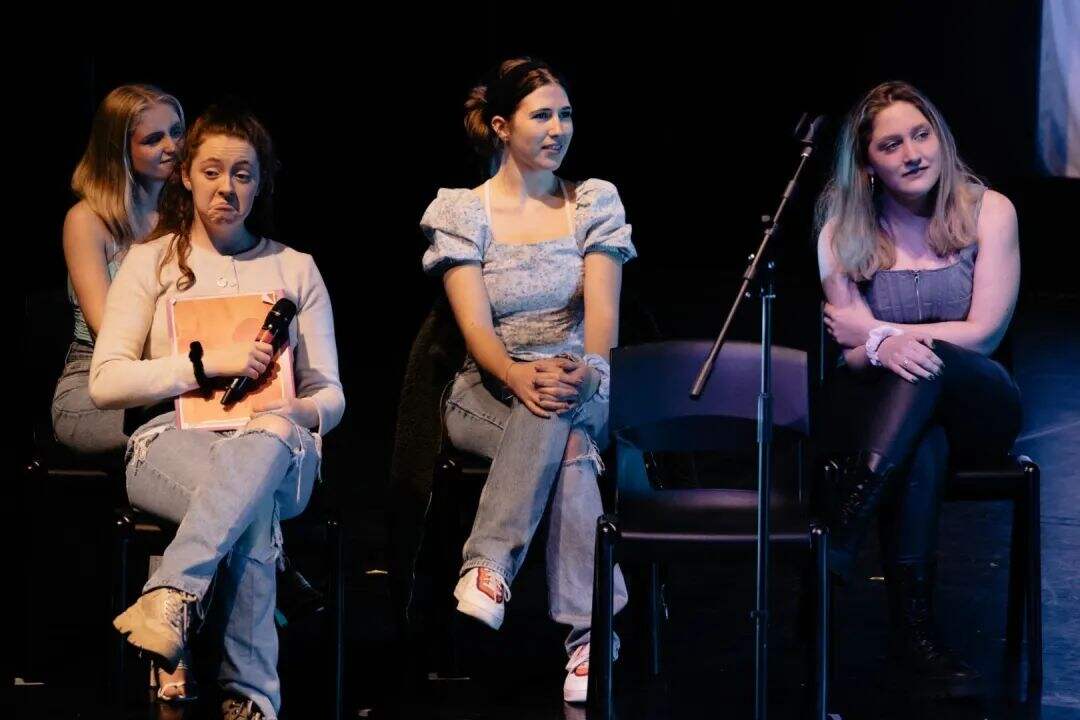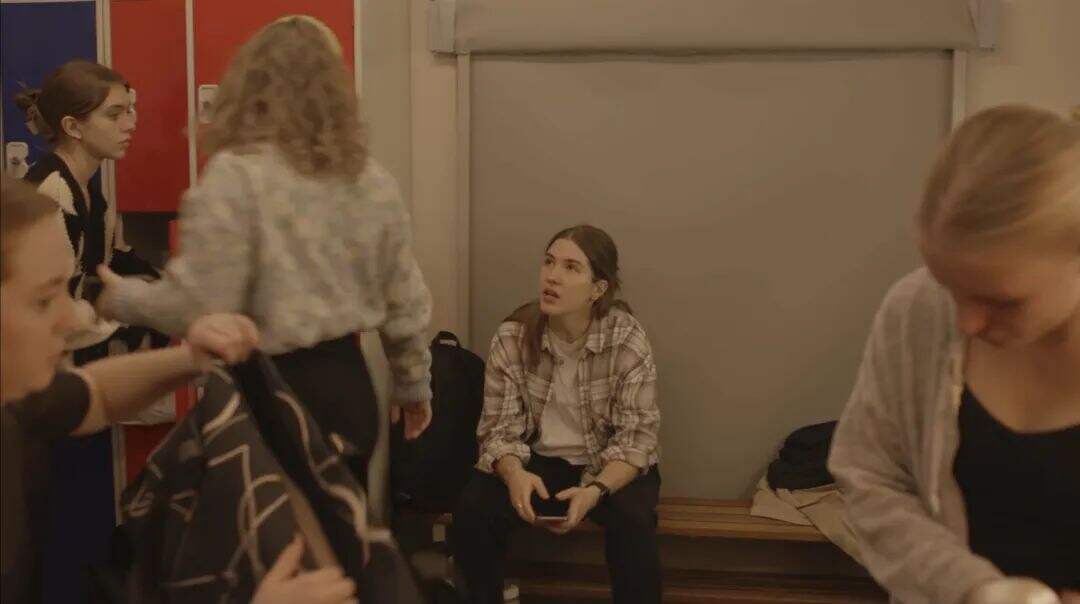An Old Wellingtonian's journey to contempory theatre
At Wellington, our mission is to equip our pupils with the knowledge and skills to be well-rounded, globally-minded citizens. So our key metric of success is ultimately the success of our pupils. In our We.Connect series, we showcase such successes by catching up with Old Wellingtonians to learn about experiences and insights gained in life after Wellington.
How did Wellington prepare you for university?

One thing that really prepared me for university at Wellington was the International Baccalaureate (IB) course. It’s structured to be like your first year at university, and I think that really prepared me for academic work like writing. I always had weekly writing assignments, and they were very much at a university level in terms of word count and things like that. So, having that and having my teachers push me made my first year of university quite a breeze.
In what ways did your Wellington experience help you to grow?

One thing that my teachers at Wellington instilled in me that was so paramount to my growth was to not be afraid to pursue my dreams, whatever they may be. A career in performing arts can be a shaky proposition. Success is no guarantee. But I had full support, and I really got encouraged and pushed to pursue it. That support that I had helped me to grow in my confidence and resilience.
Why did you decide to attend the Institute for Contemporary Theatre (ICTheatre) Manchester?

I didn't start in Manchester. I went from Wellington to a little town called Wakefield and started there. I was enrolled in an actor-musician course, and I basically decided it wasn't for me. I visited Manchester a lot, and I liked it. So I searched for courses there specifically. ICTheatre was one of the places that came up in my research, so I applied for it.
When I went to the audition, I just got a really good vibe from the people there. They weren’t trying to bang out carbon copies of performers. Rather, I felt like they were moulding us as individuals, finding our strengths as individuals. They were focused on creating performers who can make their own work and evolve with the industry.
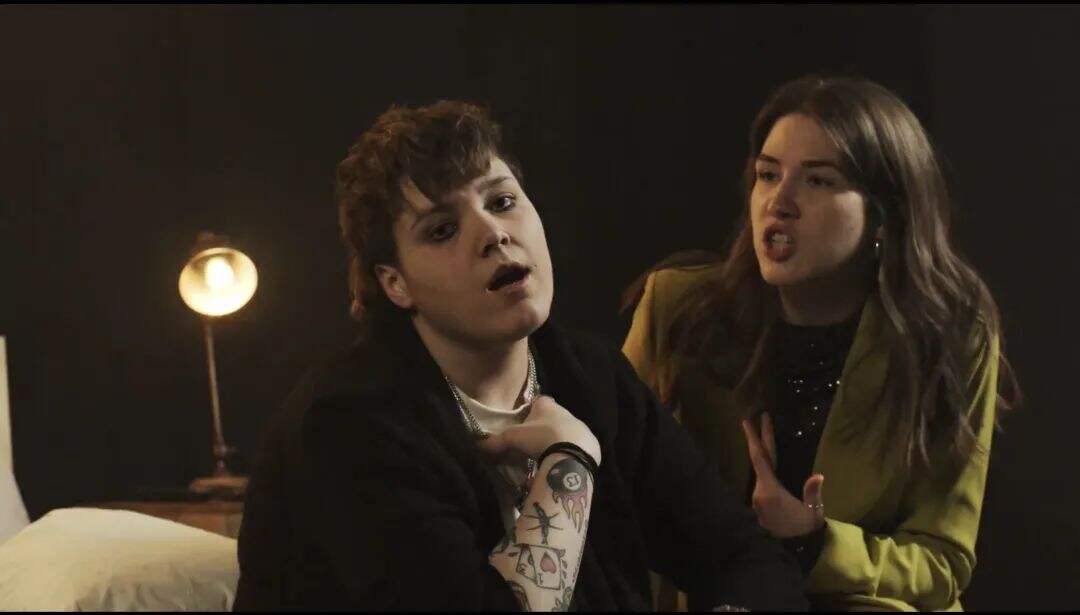
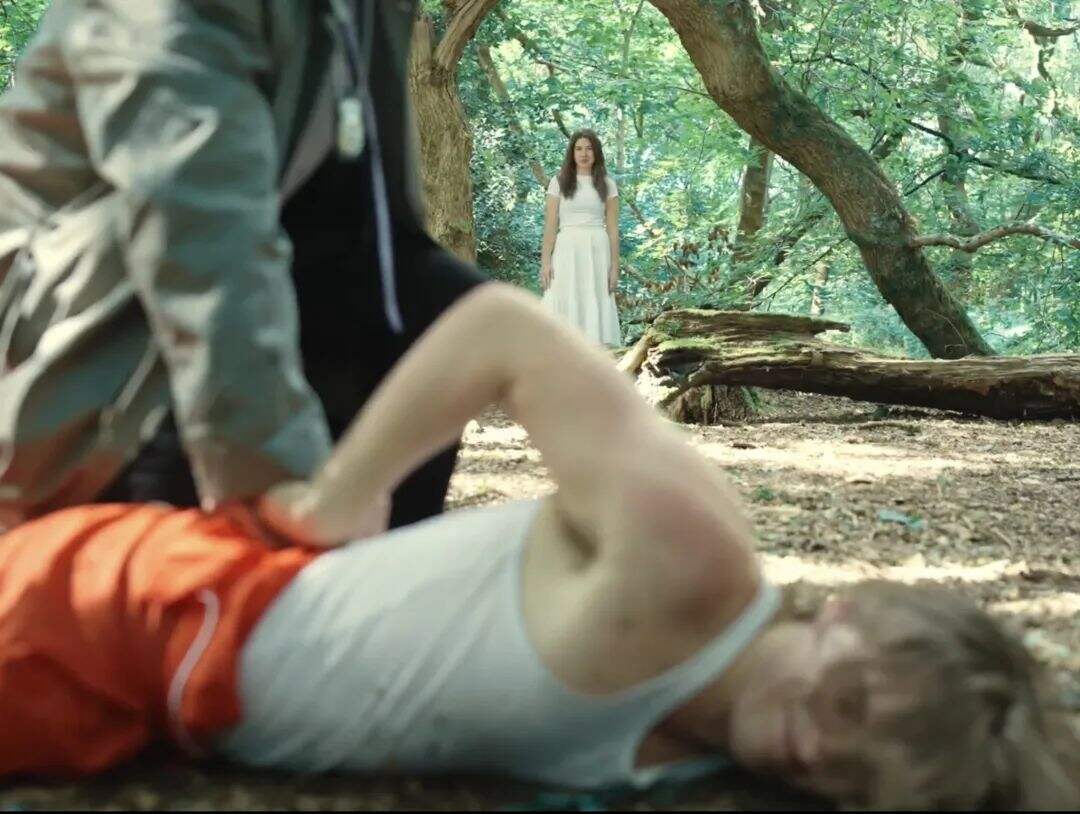
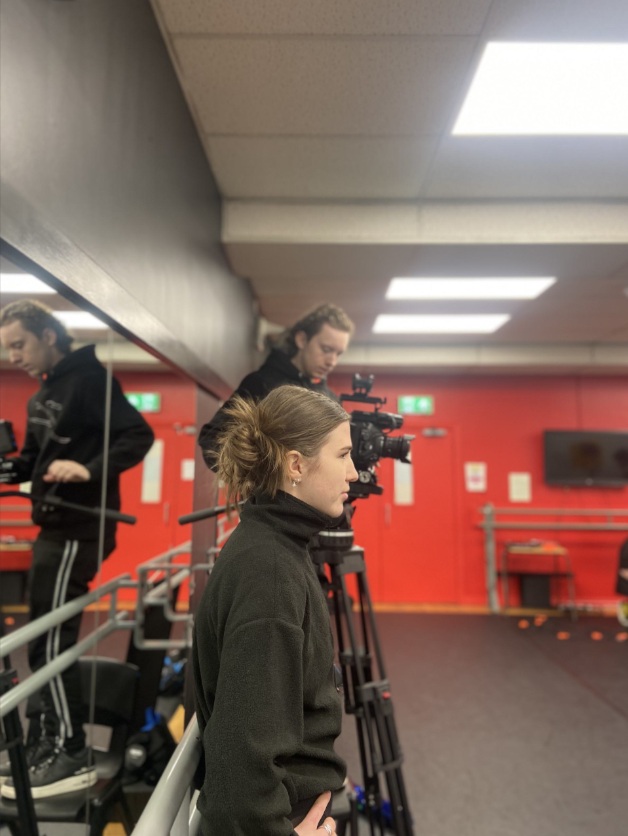
What were the biggest differences between your university experience and your Wellington experience?

At Wellington, I was putting my energy into all the different areas and was very much pushed to have a go and try out all these different areas to discover my passions. At uni, on the other hand, I was only putting all my energy into one thing, my craft.
What was the biggest challenge you faced as a student at ICTheatre?

I think the biggest challenge was just the level of discipline it takes to study performance at this level. When you're studying business or something like that, you have your lectures during the week, and then you have a lot of independent study. But with the kinds of courses I was taking, you have a lot of contact hours. You're in class Monday to Friday, nine to five. You're doing three hours of dance, acting at nine in the morning. There is a mental and physical toll to it all. I think it's one of the most rewarding things — just pushing through that and seeing the results of your hard work. And I think what was so beautiful about the whole experience was that by the time I graduated, my cohort became like a family to me.
What advice do you have for future Wellington graduates?

Do what makes you happy, and don't let people put too much pressure on you to do things a certain way, because everything will always work out the way it is meant to for you. You're on your own path, and only you should be in control of where it leads. There's only one of you, and that's a wonderful thing, lean into your uniqueness, and try not to compare yourself to others. That path is theirs, and yours is yours. Let life surprise you, sometimes it will throw curveballs your way, but that's okay. Lean into it, because you never know what exciting things, people or opportunities can come from places you would have never thought to look. Lastly, don't be too hard on yourself. No one ever has it all figured out. Lots of people are great at pretending they do, but don't let that intimidate you. Take the time you need to adjust to things, to build on things, to become good at things.
Related Articles

















